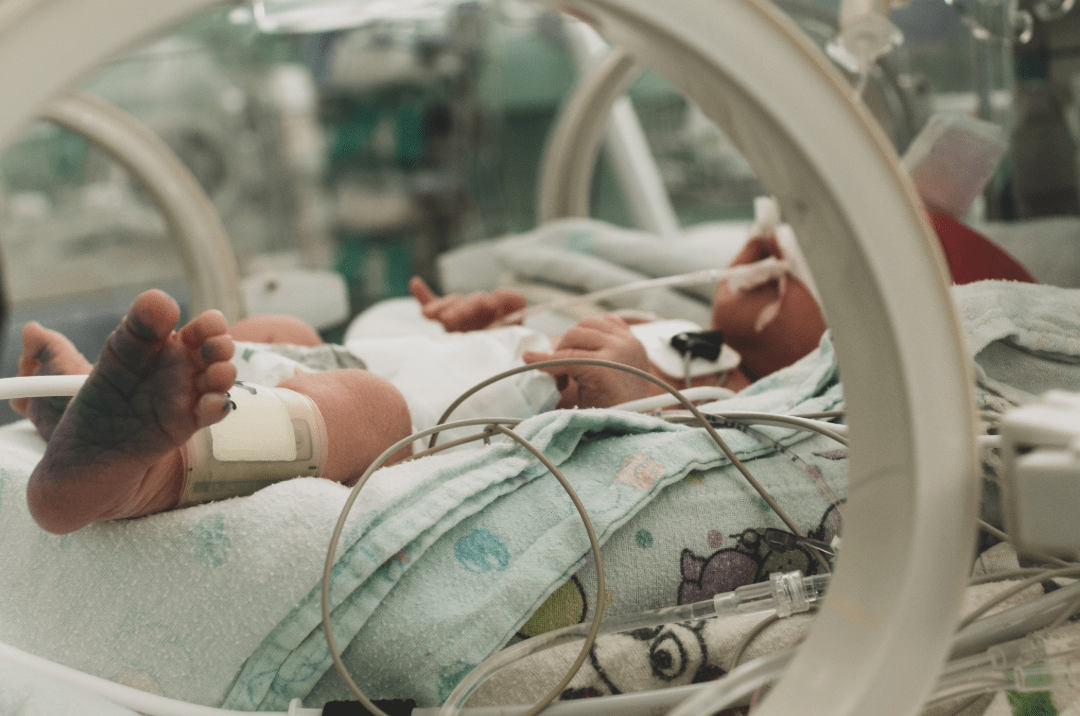
30/04/2024
The joy of having to cuddle a newborn in your arms at birth can sometimes be intercepted by the painful news that the baby needs to be kept in Neonatal Intensive Care (NICU) for one or another reason. We will be highlighting those that we commonly come across but not all as they are beyond the scope of this blog.
One of the largest categories of term babies that get admitted to the NICU are those that need respiratory (Oxygen) support for breathing problems. Some babies only need a nasal cannula but others may need a breathing tube and a ventilator. This may be due to one of the following:
Persistent Pulmonary Hypertension of the newborn.
Transient Tachypnoea of the Newborn
Respiratory Distress Syndrome
Meconium Aspiration.
30/04/2024
The joy of having to cuddle a newborn in your arms at birth can sometimes be intercepted by the painful news that the baby needs to be kept in Neonatal Intensive Care (NICU) for one or another reason. We will be highlighting those that we commonly come across but not all as they are beyond the scope of this blog.
One of the largest categories of term babies that get admitted to the NICU are those that need respiratory (Oxygen) support for breathing problems. Some babies only need a nasal cannula but others may need a breathing tube and a ventilator. This may be due to one of the following:
Persistent Pulmonary Hypertension of the newborn.
Transient Tachypnoea of the Newborn
Respiratory Distress Syndrome
Meconium Aspiration.

Intolerance to feed: Soon after birth the baby is given feed either the mother’s own or bottle feed depending on the availability. If the mother has an operation she sometimes is not able to feed so we resort to bottle feed. It goes without saying that mother feed is always highly preferred. If the baby vomits the feed out, he/she will not be transferred to the mother and will be kept under observation in the NICU.
Jaundice may be another condition due to which the baby has to be admitted to the NICU. It is a condition that occurs in babies when something called bilirubin builds up in the bloodstream. Babies with jaundice may have a yellow undertone to their skin if the bilirubin levels are high enough. To help their bodies break down bilirubin, they are treated with a phototherapy light. Blood tests are done to monitor the bilirubin levels and to see if any further treatment is needed or not. Sometimes babies undergo blood exchange transfusion to help them get rid of the bilirubin.
Term babies may be in NICU because they are having neurological symptoms (Brain or spinal cord related functions). A wide variety of neurological conditions may be the result of the labour and delivery process, a genetic condition, or a metabolic issue. The babies may present as follows:
Neonatal stroke
Hypoxic ischemic encephalopathy
Brain injuries
Hydrocephalus
Myelomeningocele
Though preterm babies are more prone to infections, sometimes a baby after 37 weeks is admitted to the NICU for possible or confirmed infections. Maternal chorioamnionitis is an infection that necessitates an infant to be placed on antibiotics. Generally, the baby will be on antibiotics for several days in this condition. Mothers may carry certain infections in the vagina without any symptoms like E. Coli, Group B Streptococcus, Pseudomonas, etc. If needed mothers are tested for these infections and if they come positive, both the Obstetrics and Paeds teams are proactive and begin antibiotics for the mother prior to delivery.
There are a lot of different genetic conditions….. Some will require NICU care and some can be discharged home with the mother. Some examples of genetic conditions we may see in NICU are:
Downs Syndrome
Trisomy 18
Trisomy 13
Gastroschisis
Omphalocoele
And many more. Sometimes the parents know about those before birth if they are picked on prenatal ultrasound. But other times, many parents will come to know about these after their baby is born. We will be highlighting those that we commonly come across but not all as they are beyond the scope of this blog.
Medicsi, established in 2006, prioritizes cutting-edge diagnostic technology in the treatment decisions of our patients. Our institution emphasizes patient comfort and employs competent senior consultants to oversee their care.
Medicsi, established in 2006, prioritizes cutting-edge diagnostic technology in the treatment decisions of our patients. Our institution emphasizes patient comfort and employs competent senior consultants to oversee their care.
Thanks! We'll be in touch!
Oops! Something went wrong, please try again
© 2026 Medicsi All rights reserved.